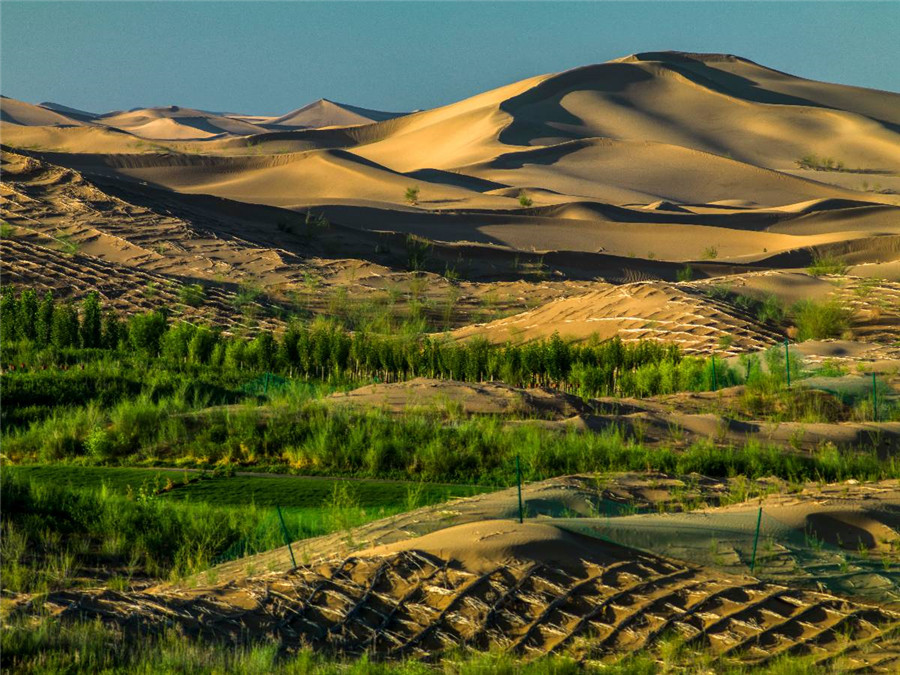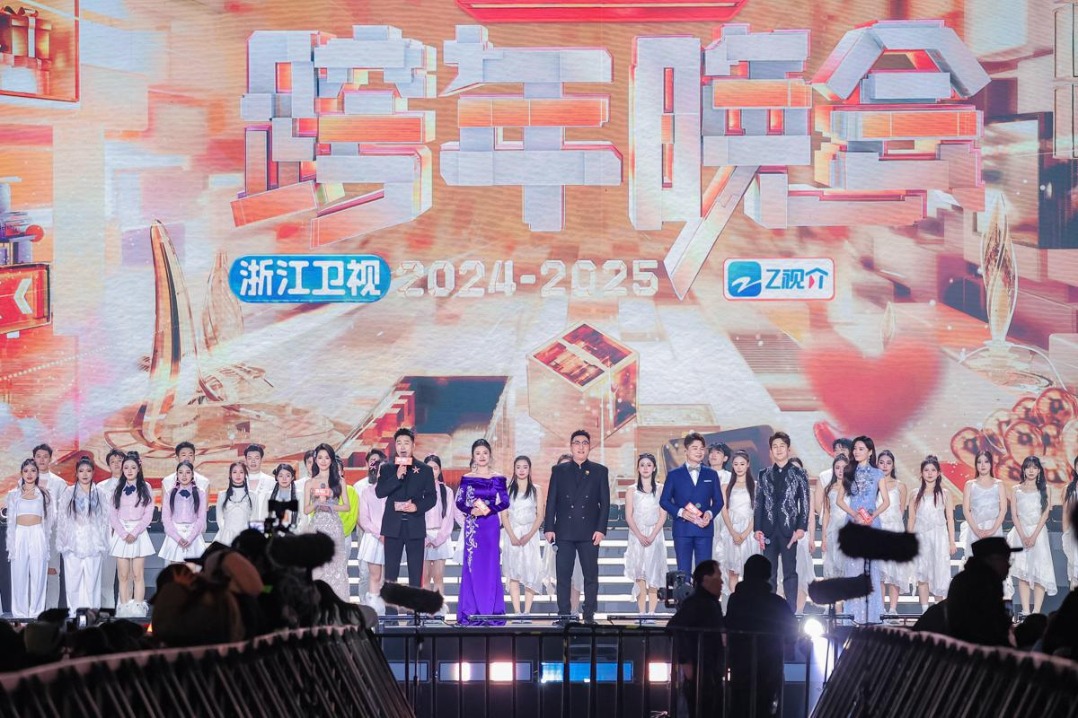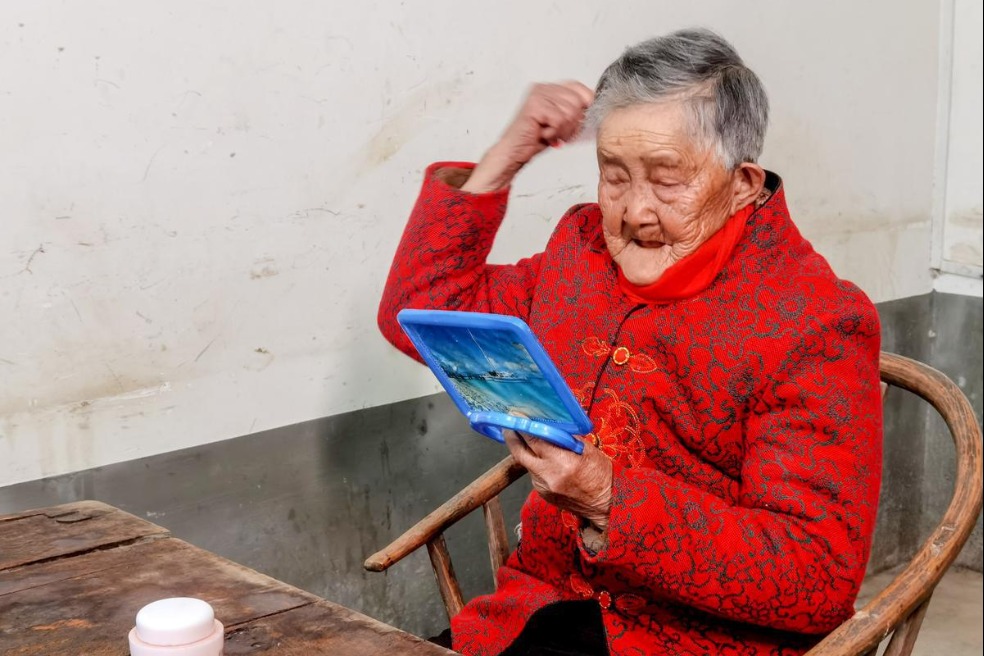Inner Mongolia to spur innovation in efforts to combat desertification


The Inner Mongolia autonomous region will encourage innovative ways to control desertification and contribute its experiences to more regions in the country as well as around the world.
"In past decades, Inner Mongolia has witnessed a green miracle. In the future, we will conduct strict surveillance of the grassland via satellite remote sensing technology," said Mu Yuan, head of the region's forestry and grassland bureau.
He also said the forestry department will promote the technological transformation of grassland recovery and help other regions at home and abroad to fight desertification, bringing more green to the world.
"More innovative ways are encouraged to control the sand for a better ecological system. We will also support cooperation between organizations in Inner Mongolia and other regions both at home and abroad," Mu said.
With 88 million hectares of grassland accounting for 74 percent of the region's area, Inner Mongolia is an important ecological shelter in North China.
However, the region is also home to China's seventh-largest desert - the Kubuqi Desert - which covers 13,900 square kilometers.
Over past decades, more than 6,000 sq km of desert in the Kubuqi have been turned green due to collective efforts from local governments, enterprises and other organizations. Led by a local enterprise, Elion Resources Group, the greening campaign created wealth of more than 500 billion yuan ($70.2 billion) and provided about 1 million jobs to locals.
A "Kubuqi Model" in desertification control has gradually taken shape over the past 30 years, featuring balanced development of ecology, economy and livelihood. Elion's anti-desertification experiences have benefited Beijing, Qinghai province and the Xinjiang Uygur and Tibet autonomous regions.
In addition, the group's techniques have also been used in many massive ecological programs, including Yangtze River Ecological Park and Qilian Mountain National Park.
The Kubuqi Model is highly appreciated by international communities.
During the 7th Kubuqi International Desert Forum held in Ordos, Inner Mongolia, in July, countries involved in the Belt and Road Initiative including Pakistan, Saudi Arabia and Kazakhstan negotiated with Elion to help them improve their local ecological systems through greening.
"We will exploit new ways to enhance our ability to control the sand with the help of modern technologies, such as drones, AI, big data and internet of things," said Ao Baoping, chief executive officer of Elion Green Land Technology.
Tsetsenbileg, mayor of Ordos, said that the city will continue to build itself into an innovative model realizing sustainable development, strengthening the ecological construction efforts and contributing to the country's aim of achieving its sustainable development goal by 2030.
- 4th TCTCP established: boosting standards for tropical agriculture
- Quzhou emerges as a cultural and tourism destination
- Shanghai sees surge in international arrivals
- Former Moutai chairman under investigation for misconduct
- Shanghai railway staff becomes popular with rapid typing, spoken English
- Giant pandas celebrate first year in Chongqing with snowy spectacle





































